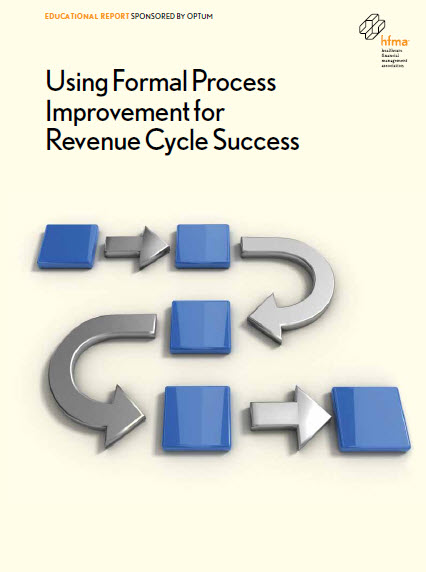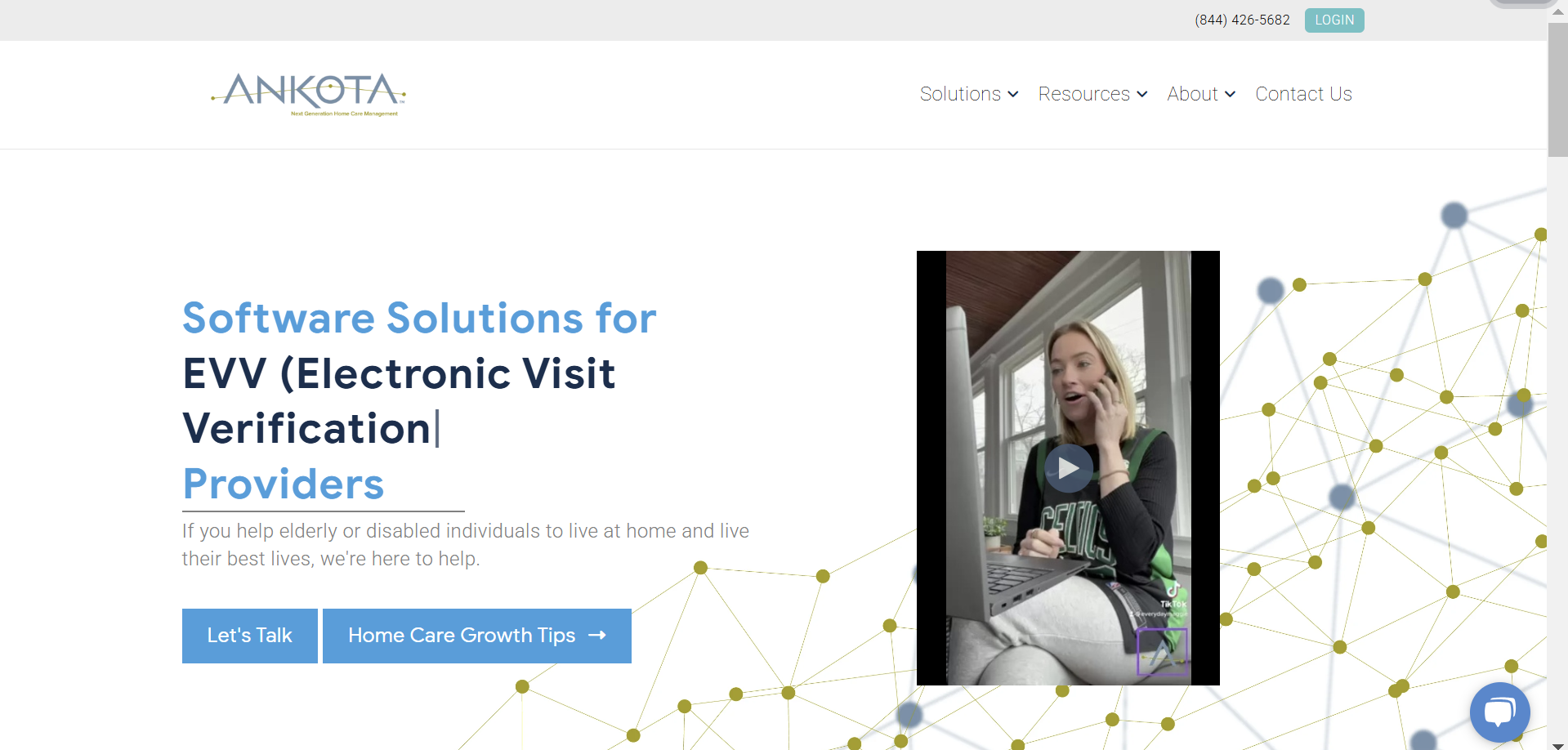 The Healthcare Finance Managers Association (HFMA) posted their most recent HFMA Education report, titled "Using Formal Process Improvement for Revenue Cycle Management." I am going to ask you to ignore those last words "...for Revenue Cycle Management," because there are a few lessons in this report that are applicable across providers of all types-- including hospitals, ACOs and Care Transitions collaboratives, and post acute care providers that provide services in the home or residential facilities like Assisted Living (ALFs) or Skilled Nursing (SNFs). Collectively, these are our customers and Ankota refers to these organizations as the Healthcare Ecosystem.
The Healthcare Finance Managers Association (HFMA) posted their most recent HFMA Education report, titled "Using Formal Process Improvement for Revenue Cycle Management." I am going to ask you to ignore those last words "...for Revenue Cycle Management," because there are a few lessons in this report that are applicable across providers of all types-- including hospitals, ACOs and Care Transitions collaboratives, and post acute care providers that provide services in the home or residential facilities like Assisted Living (ALFs) or Skilled Nursing (SNFs). Collectively, these are our customers and Ankota refers to these organizations as the Healthcare Ecosystem.

Drop the "...for Revenue Cycle Management" because much of the report focuses on this facet of coding and billing to try to improve payments and subsequently, profitability. That's important for the fiscal health of hospitals, of course. The HFMA also refers to Lean and Six Sigma concepts specifically, but there are a number of performance improvement models that are likewise relevant. You may have heard of Total Quality Management (TQM), Kaizen (most famous for being the foundation for Toyota's rapid emergence as the world's leading auto manufacturer), Balanced Scorecard, and perhaps others. Don't worry about trying to learn a lot about these right now. Just remember that every performance management initiative has a few things in common besides a catchy name.

Go ahead and read the HFMA report even if your are not responsible for Revenue Cycle Management in your organization. You'll pick up a few ideas that apply across the rest of your organization. It may even help you to think through how your organization might better manage processes-- Care Transitions -- with other providers. Care Transitions are largely unmanaged today and rely on an ad hoc approach driven by phone calls and faxes. As providers organize into Ecosystems, and some providers take on Accountability and risk for outcomes. technology like Ankota's will be critical to manage these transitions effectively and reduce avoidable readmissions.
Download the complete HFMA report here

.png)
.png)




.png)
.png)


